
The Myth of Capitalist Exploitation
The concept of exploitation is deployed by socialists in the public discourse to force conservatives into renouncing capitalism altogether.

The concept of exploitation is deployed by socialists in the public discourse to force conservatives into renouncing capitalism altogether.

It’s imperative that we strive to understand Marx’s account of history and justice, given that it continues to possess so much of the public debate on who we are and what our future may look like.
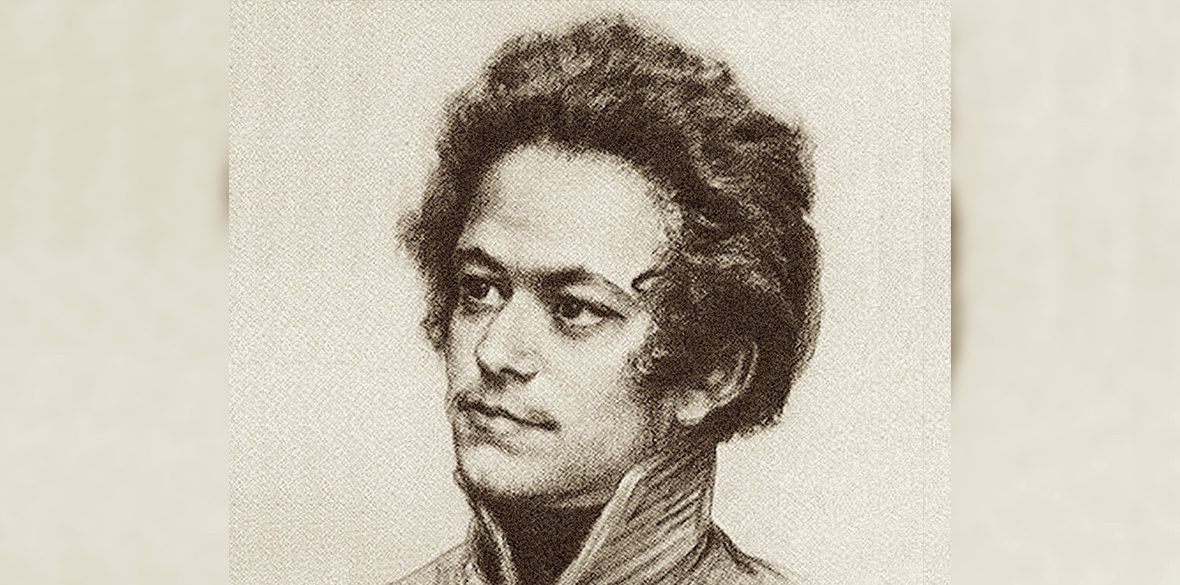
Why did Marx ditch the Bauerian line of polemical criticism and adopt the more revolutionary belief in direct action with which he is now associated?
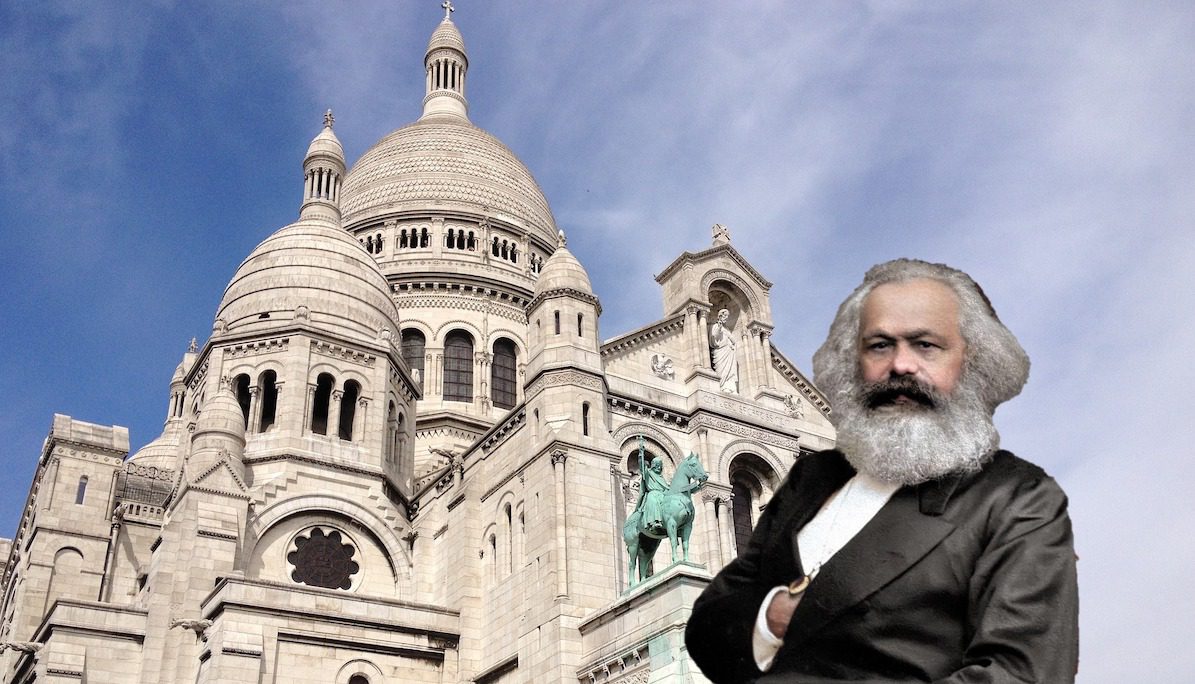
Few contemporary Marxists, and even fewer Catholic theologians, have delved deeply into any likenesses in their worldviews on a theoretical level.
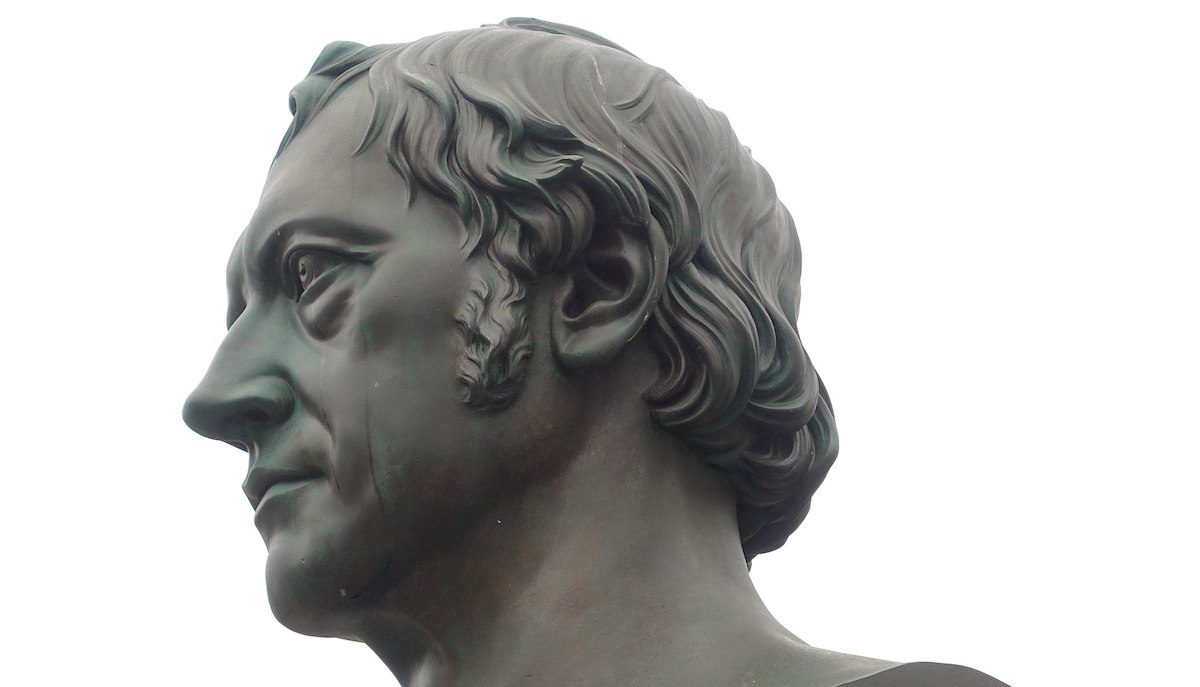
The revolutionary afterlife of Hegel’s political thought is proof of the power of a philosophical system, once seized by less cautious hands, to outpace its original creator.
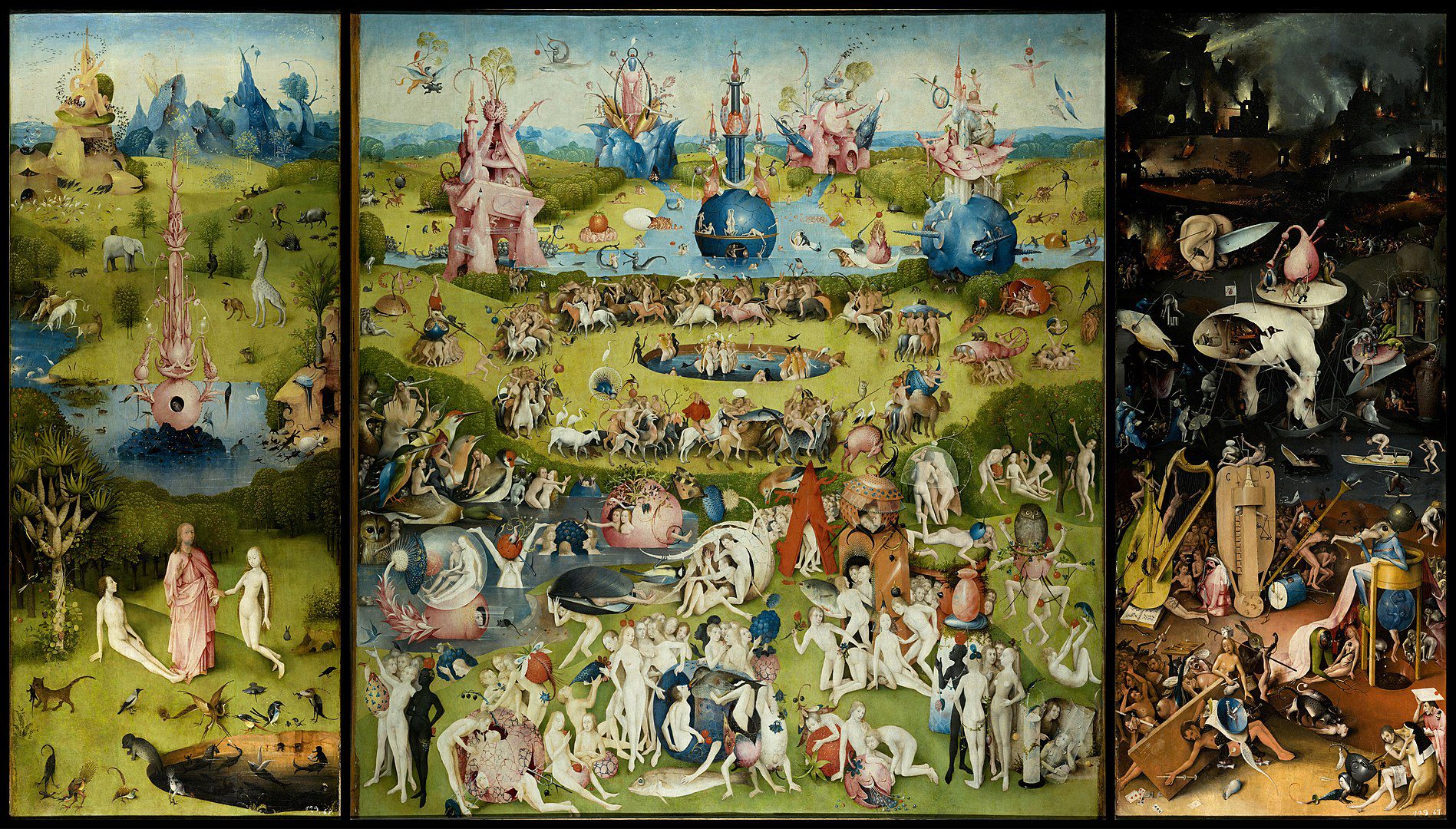
Liberals like to claim that their political worldview is not even ideological, but simply what happens when kindness and common sense are allowed to prevail over dogmatism, tyranny, and impractical forms of political romance. But is liberalism, the ruling philosophy of our modern world, really so immune from the utopian temptation?
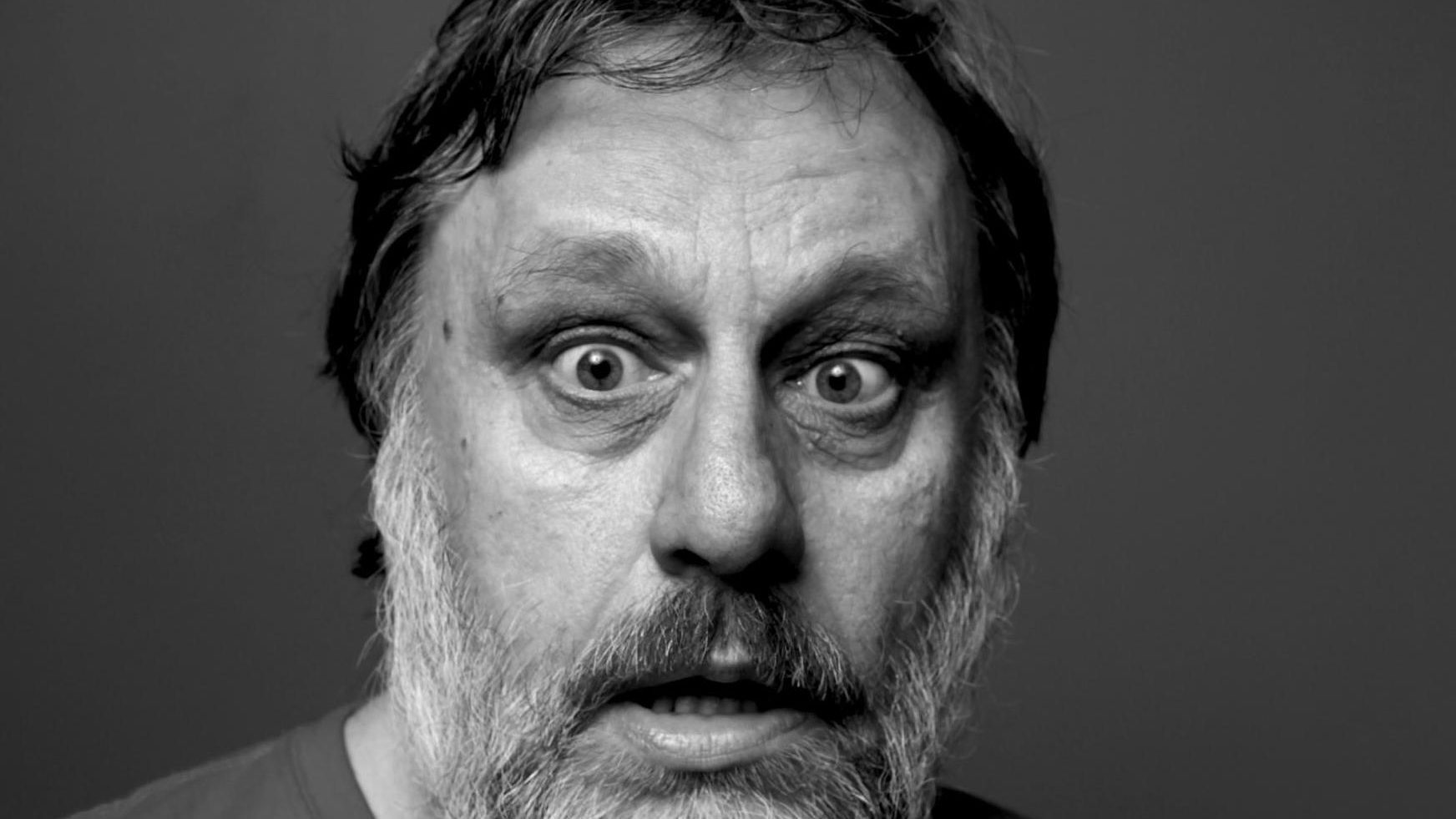
Despite his colourful pessimism, Žižek still appears to indulge the fallacy that some combination of good will, rationality, and imagination is up to the task of saving our fallen world.
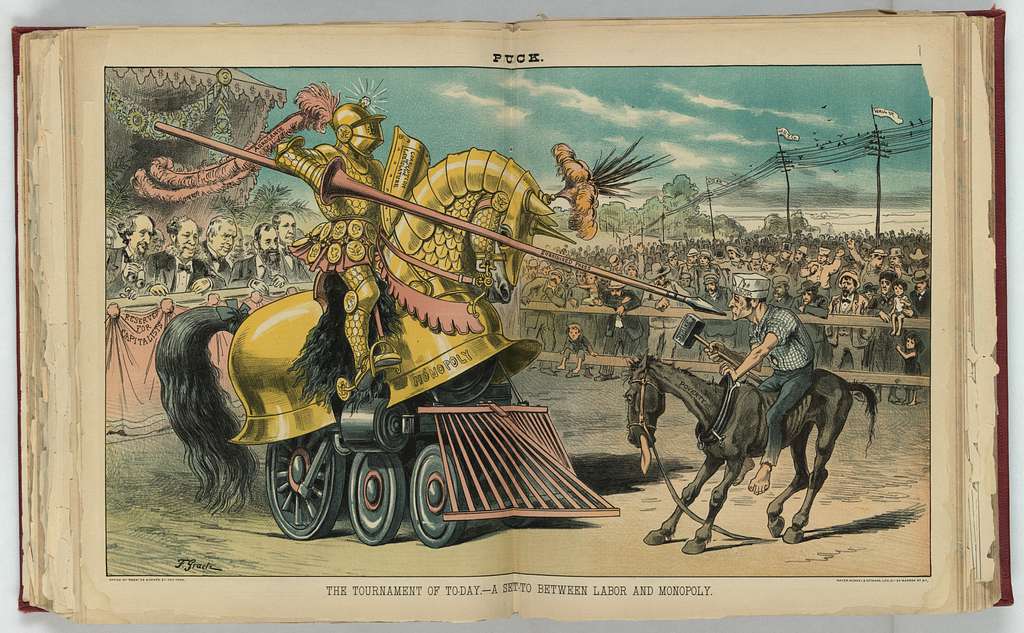
The concept of a neoliberal ‘free market’ is fundamentally nihilistic.
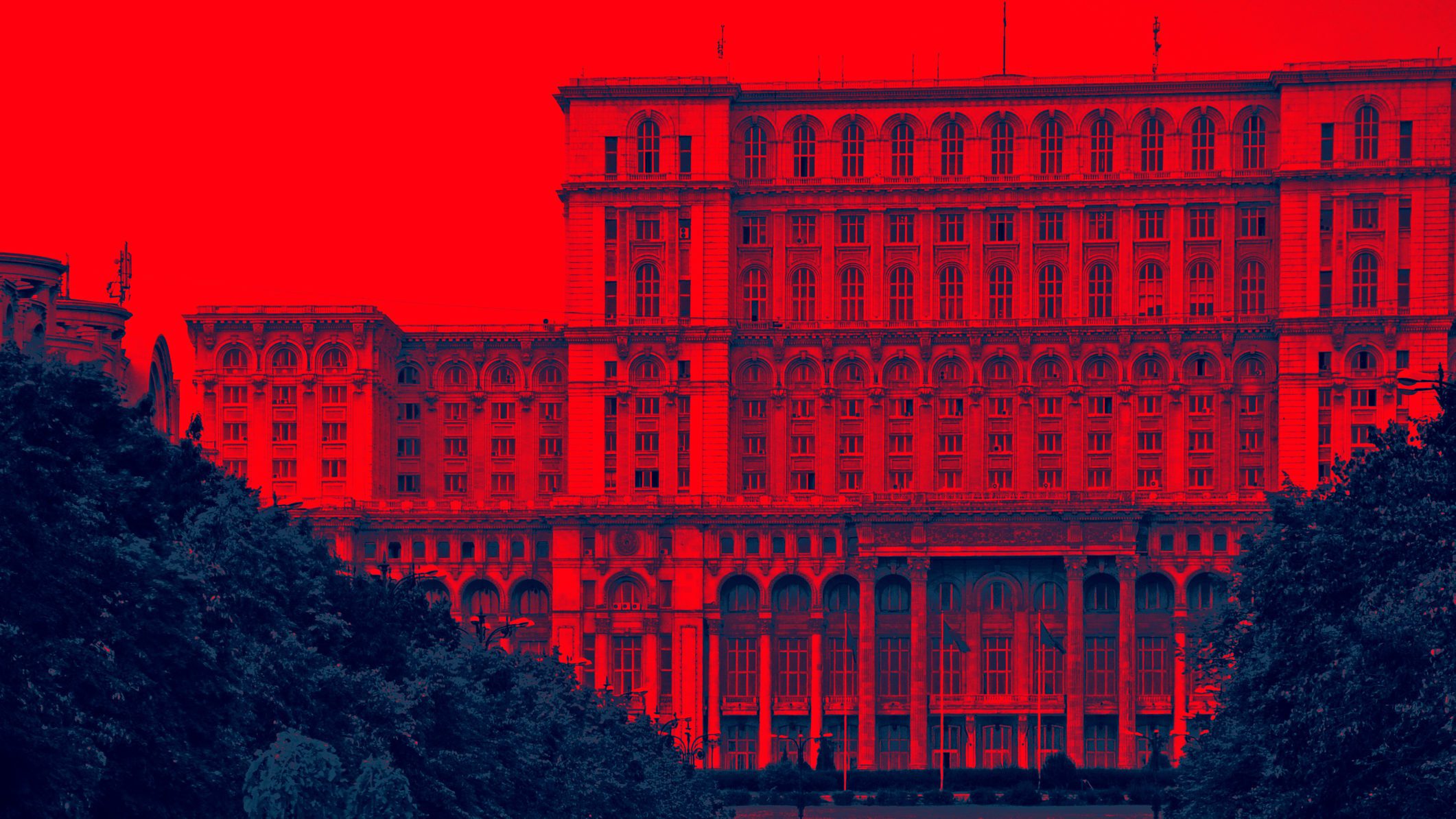
The communist revolution of today is far more difficult to fight than that during the 20th century. Perhaps the first thing that needs to be done to bolster our fight is admit that what we are facing is essentially a revolution aimed at moving the world towards communism.

I do not like revolutions in any case, but I especially dislike the proposals of the Davos Jacobins.
To submit a pitch for consideration:
submissions@
For subscription inquiries:
subscriptions@